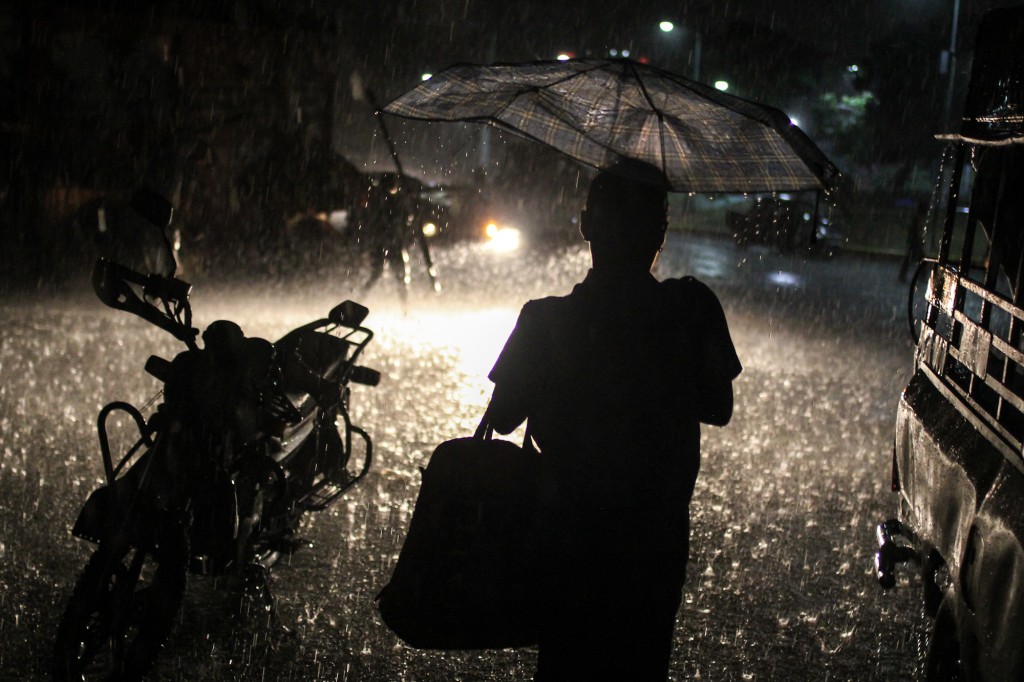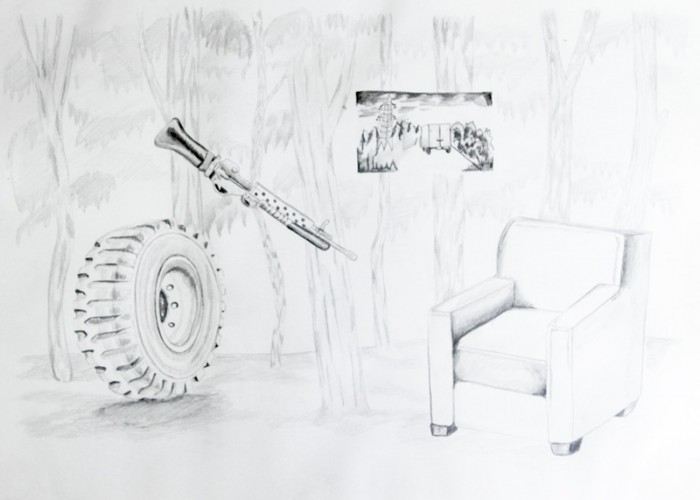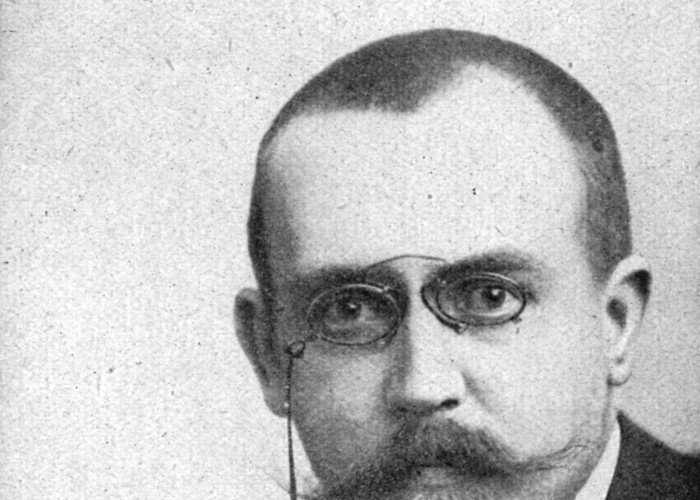on Edwidge Danticat’s Create Dangerously
Corine Tachtiris
Men anpil, chay pa lou, says a Haitian Creole proverb, many hands make for a light load. As the only Haitian writer widely known to English-language readers, Edwidge Danticat has no one with whom to share the burden of serving as spokesperson for a nation, often “in 1500 words or less.” Her collection of essays, Create Dangerously: The Immigrant Artist at Work, gives readers a sense of the incredible weight the author feels on her shoulders. The weight of indebtedness to her family’s sacrifices that enable her to write today in relative security. The weight of guilt that she has not lived through what others have. The weight of self-doubt and accusations that she might be misrepresenting her native land. The weight of feeling that her writing has to matter deeply. All this weight impels Danticat to create, in the phrase she borrows from Camus, dangerously:
So though we may not be creating as dangerously as our forebears—though we are not risking torture, beatings, execution, though exile does not threaten us into perpetual silence—still, while we are at work bodies are littering the streets somewhere. People are buried under rubble somewhere. Mass graves are being dug somewhere. Survivors are living in makeshift tent cities and refugee camps somewhere, shielding their heads from the rain, closing their eyes, covering their ears, to shut out the sounds of military “aid” helicopters. And still, many are reading, and writing, quietly, quietly.
The devastating January 2010 earthquake in Haiti referred to here has given Danticat immediate cause to create dangerously, and she dedicates her essay collection to the “two hundred thousand and more” estimated to have died in the catastrophe.
While Danticat declares that the earthquake has changed Haiti—as well as reading and writing about Haiti—irrevocably, more than half the essays that appear in Create Dangerously were actually written well before it happened, and only the first and last deal with it at any length. The author devotes many of the remaining essays to providing portraits of other Haitians who might serve as public figures for the country beyond its borders: assassinated radio journalist Jean Dominique (the subject of Jonathan Demme’s documentary The Agronomist); Alèrte Bélance, who was brutally mutilated by a paramilitary group during the 1991 coup d’état; writers Marie Chauvet and J.J. Dominique (Jean Dominique’s daughter); Jean-Michel Basquiat (whose father was born in Haiti) and vodou artist Hector Hippolyte; and photographer Daniel Morel. As with the essay on Chauvet and J.J. Dominique, some of the writing in Create Dangerously feels disjointed, and a look at the Acknowledgments indicates that some of the essays here have been stitched together, less than seamlessly, from separate pieces of work.
What comes forth in Danticat’s portrayals is a struggle between telling a true, compelling story and letting her subjects take shelter from the scrutiny of her writing and its readers. Some, like Bélance—who cannot speak or write English and who allowed Phil Donahue to wave her hacked-off stub of an arm as a silent testament to the horrors perpetrated by the junta—welcome the opportunity to have their stories told. Others do not wish to become a symbol for Haiti’s struggles, like Danticat’s own Tante Zi who asks her niece not to write about the death of her son, probably from AIDS. The weight of Danticat’s calling is heavier, however, than that of family obligations: “the immigrant artist, like all other artists, is a leech and I needed to latch on.” Even as Tante Zi makes her request, Danticat is already composing in her head the essay we are reading.
It is in these intimate moments that Danticat’s writing is at its most engaging, when her public mission becomes a private burden. Empathy for Danticat’s vulnerability makes the reader, too, vulnerable to being drawn into her literary world. Whereas fellow Haitian writer Dany Laferrière claims that readers expatriate authors—so that when someone in Japan reads his work, he becomes a Japanese writer—Danticat wonders if the opposite isn’t also true. “Today we are all Haitians,” declared the newspapers when the earthquake struck. But in the same intimate moments when Danticat invites us in, she also powerfully reminds us that we are not, in fact, Haitians. Her moving tribute to her cousin Maxo, who died in the earthquake, includes the backstory of his failed attempt to obtain asylum in the United States six years earlier for himself and his elderly father. Detained by Homeland Security, Danticat’s uncle was accused, “as he vomited both from his mouth and from a tracheotomy hole in his neck, of faking his illness.” He then died in custody, and Maxo was not granted asylum. In passages like this one, Danticat creates most dangerously, deftly gaining our sympathy and leaving us exposed to our own complicity and complacency, and so shifting some of the burden onto us.
208 pages. Vintage. 2011.
Image: “Claire of the Sea Light” by Josué Azor
[ + bar ]
DARK (an overture)
Edgardo Cozarinsky translated by Cayley Taylor
It starts, always, in the temples, an almost imperceptible throbbing at first, and in the precise moment he acknowledges it, that pulsing starts... Read More »
Hyperion [moscow]
By Marfa Nekrasova translated by Nathan Jeffers
The word Hyperion has many possible meanings; it can refer to a book, a poem, a tree,... Read More »
Mario Bellatin translated by Andrea Rosenberg
1- BLACK BALL RELOADED Author’s first look at the bande dessinée Black Ball
Yesterday I received some information about the Czech writer Bohumil Hrabal.... Read More »
Die großen Bäume. Eine Juno-Novellette.
Paul Scheerbart
Die großen Bäume tasteten mit ihren langen Astarmen immer heftiger in der Luft herum und konnten sich gar nicht beruhigen; sie wollten durchaus... Read More »


![Hyperion [moscow]](http://www.buenosairesreview.org/wp-content/uploads/DSC06622-700x500.jpg)




 sending...
sending...